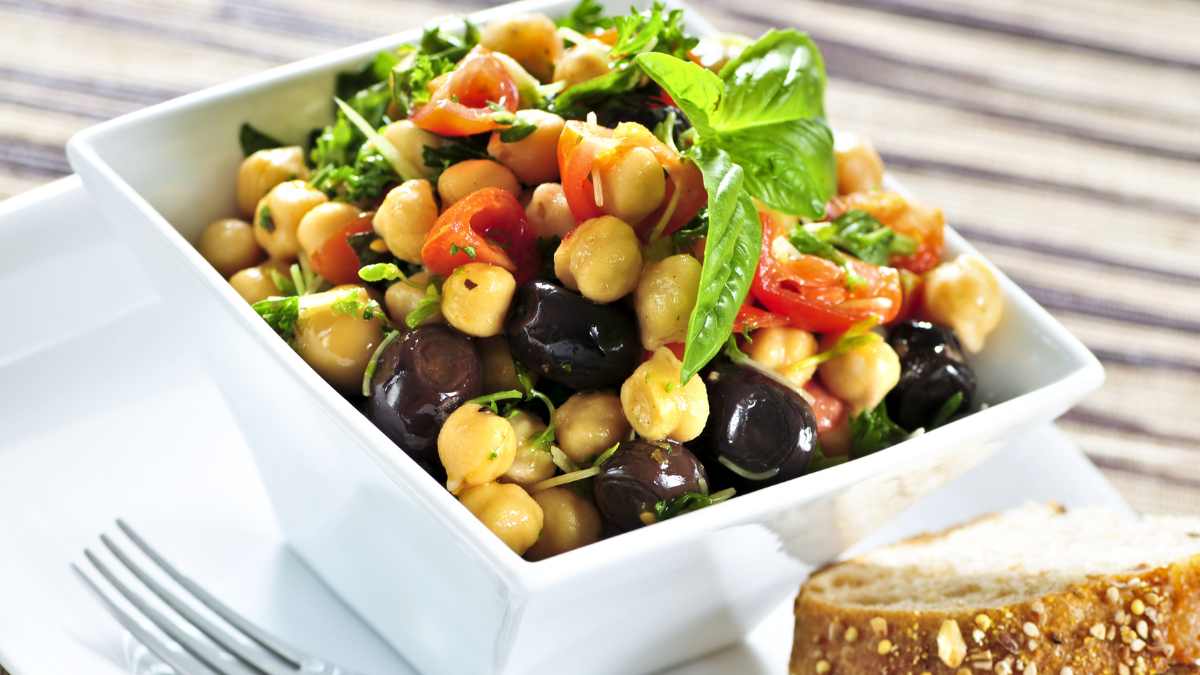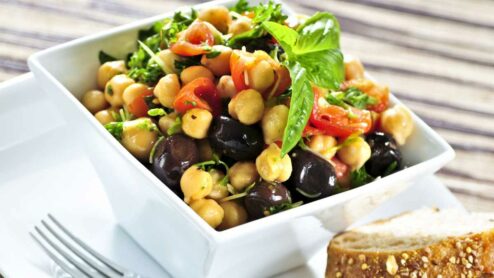Introduction: The question of whether vegetarians can eat clams is a nuanced topic that delves into the definitions, ethical considerations, and nutritional aspects of vegetarianism. This article aims to explore these dimensions to provide a comprehensive understanding of the subject.
Introduction to Vegetarian Dietary Restrictions
Vegetarianism is a dietary choice that excludes meat, fish, and poultry. However, the specifics can vary widely among individuals. Some vegetarians, for instance, might consume animal by-products like eggs and dairy, while others might avoid them altogether. The primary motivation for adopting a vegetarian diet often includes health benefits, environmental concerns, and ethical considerations regarding animal welfare.
Understanding the dietary restrictions of vegetarians is crucial for determining whether certain foods, like clams, can be included. The avoidance of meat and fish is a common thread, but the interpretation of what constitutes "meat" can differ. For some, the definition is strictly mammalian and avian flesh, while others extend it to all animal life, including marine creatures.
The complexity of vegetarian dietary restrictions is further compounded by the presence of various subcategories, such as lacto-vegetarians, ovo-vegetarians, and lacto-ovo vegetarians. Each group has its own set of rules regarding what is permissible, making the question of clams even more intricate.
To address whether vegetarians can eat clams, it is essential to first understand the broader context of vegetarian dietary restrictions. Only then can we delve into the specifics of clams and their place within this framework.
Defining Vegetarianism: What Foods Are Allowed?
Vegetarianism is generally defined by the exclusion of meat, fish, and poultry. However, there are several subcategories that further refine what foods are allowed. Lacto-vegetarians, for example, consume dairy products but avoid eggs, while ovo-vegetarians do the opposite. Lacto-ovo vegetarians include both dairy and eggs in their diet.
The common denominator among all vegetarians is the avoidance of animal flesh. This includes not only land animals but also marine creatures like fish and shellfish. However, some vegetarians might make exceptions for certain types of seafood, leading to the term "pescatarian" for those who include fish in their otherwise vegetarian diet.
The inclusion or exclusion of specific foods often hinges on personal beliefs and ethical considerations. For instance, some vegetarians avoid gelatin, which is derived from animal collagen, while others might not be as stringent. The key is that vegetarianism is a spectrum, with varying degrees of adherence to the principle of avoiding animal products.
Given this diversity, the question of whether clams are permissible for vegetarians is not straightforward. It requires a deeper understanding of the individual’s specific dietary rules and ethical considerations.
Clams: Biological Classification and Characteristics
Clams are bivalve mollusks, a class of marine and freshwater animals with a hinged shell. They belong to the phylum Mollusca, which also includes snails, squids, and octopuses. Clams are filter feeders, drawing in water and extracting plankton and other nutrients.
Biologically, clams are quite different from fish and other marine animals commonly avoided by vegetarians. They lack a central nervous system and brain, which raises questions about their capacity for pain and suffering. This biological distinction is often cited in discussions about the ethical implications of consuming clams.
The life cycle of clams involves both free-swimming larval stages and sedentary adult stages. They play a crucial role in their ecosystems, contributing to water filtration and serving as a food source for various predators. Their unique biological characteristics make them a subject of interest in both ecological and dietary discussions.
Understanding the biological classification and characteristics of clams is essential for evaluating their place in a vegetarian diet. Their differences from other animals commonly avoided by vegetarians could influence the decision-making process.
Ethical Considerations: Clams and Vegetarianism
The ethical considerations surrounding the consumption of clams by vegetarians are complex. One of the main arguments in favor of including clams in a vegetarian diet is their lack of a central nervous system. This raises questions about their ability to experience pain and suffering, which is a significant concern for many vegetarians.
However, the absence of a central nervous system does not necessarily mean that clams are incapable of experiencing discomfort or stress. The ethical debate often extends to the broader impact of harvesting clams on marine ecosystems. Overharvesting can lead to environmental degradation, affecting other species and the overall health of marine habitats.
Another ethical consideration is the principle of avoiding all animal life, regardless of its capacity for suffering. For some vegetarians, the mere fact that clams are animals is enough to exclude them from their diet. This perspective aligns with a more stringent interpretation of vegetarianism, which seeks to minimize harm to all living creatures.
Ultimately, the ethical considerations surrounding clams and vegetarianism are deeply personal and can vary widely among individuals. It is essential to weigh the biological, ecological, and ethical factors when making this decision.
Nutritional Profile of Clams: Benefits and Concerns
Clams are a rich source of several essential nutrients, including protein, iron, and vitamin B12. They also provide omega-3 fatty acids, which are beneficial for heart health. For vegetarians, these nutrients are often obtained from plant-based sources or supplements, making clams an attractive option from a nutritional standpoint.
However, there are concerns associated with the consumption of clams. One of the primary issues is the potential for contamination with heavy metals and toxins, which can accumulate in their tissues. This is particularly concerning for clams harvested from polluted waters.
Another consideration is the presence of allergens. Shellfish are a common allergen, and consuming clams can pose risks for individuals with shellfish allergies. This is an important factor to consider for vegetarians who might be contemplating adding clams to their diet.
While the nutritional benefits of clams are significant, it is essential to weigh these against the potential concerns. For vegetarians, obtaining these nutrients from plant-based sources or supplements might be a more consistent choice with their dietary principles.
Conclusion: Can Clams Fit into a Vegetarian Diet?
Conclusion: The question of whether clams can fit into a vegetarian diet is multifaceted, involving biological, ethical, and nutritional considerations. While clams lack a central nervous system and offer several nutritional benefits, their classification as animals and potential environmental impact complicate the decision.
For some vegetarians, the absence of a central nervous system in clams might make them an acceptable option. However, others might find the ethical implications of consuming any animal life, regardless of its capacity for suffering, to be a compelling reason for exclusion.
Nutritionally, clams provide essential nutrients that are often sought after in vegetarian diets. However, concerns about contamination and allergens must be taken into account. Ultimately, the decision to include clams in a vegetarian diet is a personal one, influenced by individual beliefs and priorities.
In conclusion, while clams might be considered by some vegetarians, they do not universally fit within the traditional definitions and ethical frameworks of vegetarianism. Each individual must weigh the various factors and make an informed choice that aligns with their values and dietary goals.
More informations
-
The Vegetarian Society – Vegetarian Society
Provides comprehensive information on vegetarianism, including definitions, dietary guidelines, and ethical considerations. -
Harvard T.H. Chan School of Public Health – Harvard Nutrition Source
Offers detailed nutritional information, including the benefits and risks associated with various foods, such as clams. -
National Oceanic and Atmospheric Administration (NOAA) – NOAA Fisheries
Provides information on marine life, including the biological characteristics and ecological roles of clams. -
Mayo Clinic – Mayo Clinic Nutrition
Offers expert advice on nutrition and dietary choices, including the potential health benefits and risks of consuming shellfish. -
Environmental Working Group (EWG) – EWG Seafood Guide
Provides information on the environmental impact of seafood consumption and guides on making sustainable choices.


